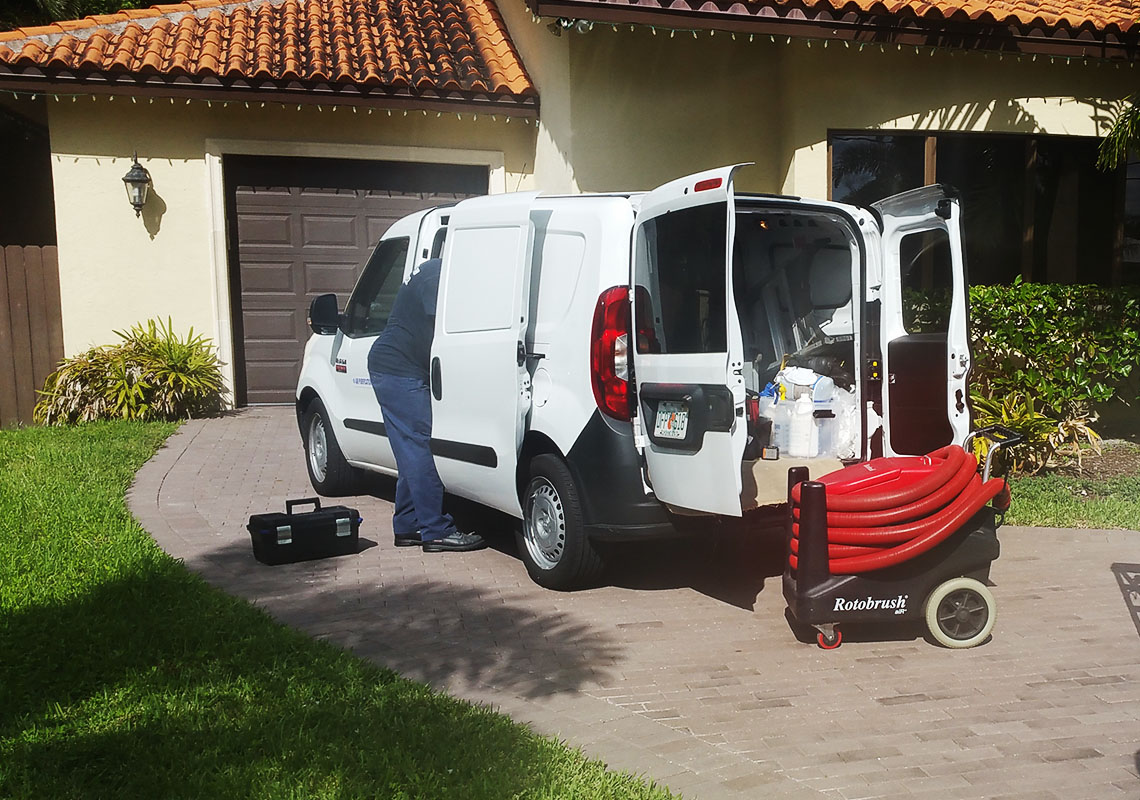
Heating, ventilation, and air conditioning (HVAC) systems have been shown to act as a collection source for a variety of contaminants that have the potential to affect health, such as mold, fungi, bacteria, and very small particles of dust. The removal of such contaminants from the HVAC system and home should be considered as one component in an overall plan to improve indoor air quality.
Will HVAC system cleaning reduce our home energy bills?
Research by the U.S. EPA has demonstrated that HVAC system cleaning may allow systems to run more efficiently by removing debris from sensitive mechanical components. Clean, efficient systems are less likely to break down, have a longer life span, and generally operate more effectively than dirty systems.
How often should residential HVAC systems be cleaned?
Frequency of cleaning depends on several factors, not the least of which is the preference of the home owner. Some of the things that may lead a home owner to consider more frequent cleaning include:
– Smokers in the household
– Pets that shed high amounts of hair and dander
– Water contamination or damage to the home or HVAC system
– Residents with allergies or asthma who might benefit from a reduction in the amount of indoor air pollutants in the home’s HVAC system
– After home renovations or remodeling
– Prior to occupancy of a new home.

